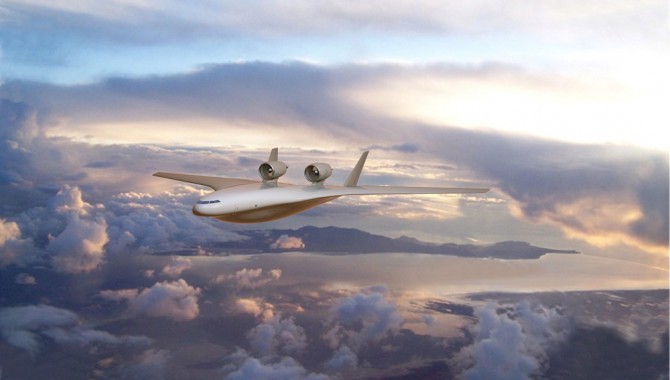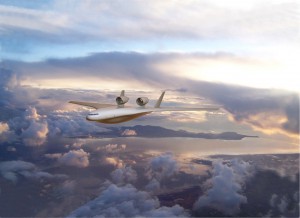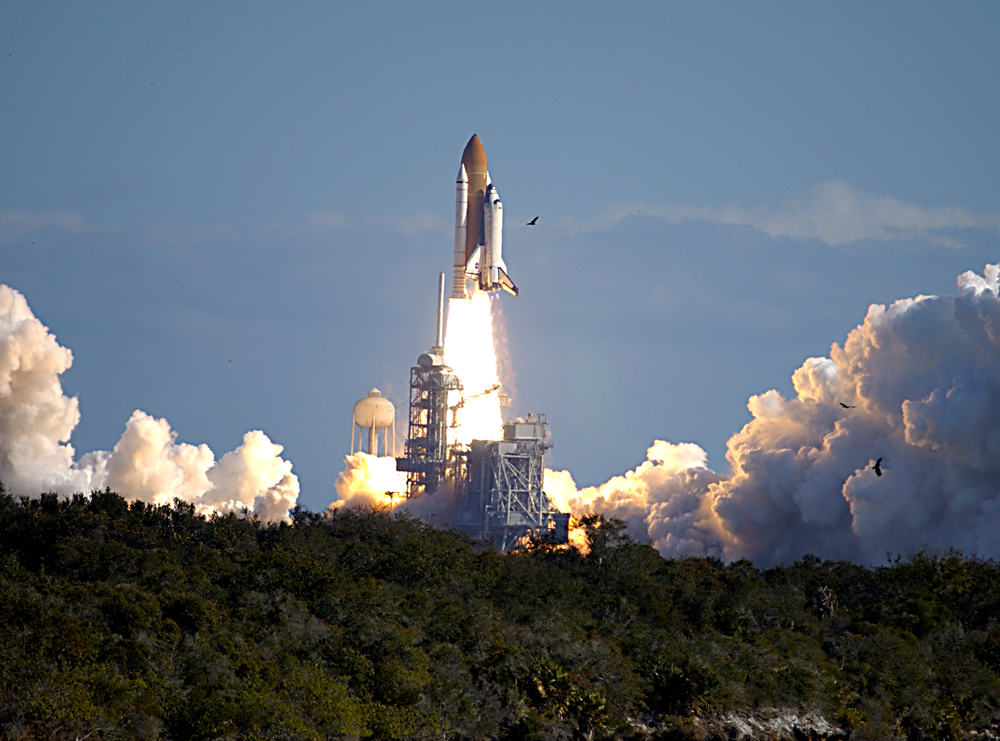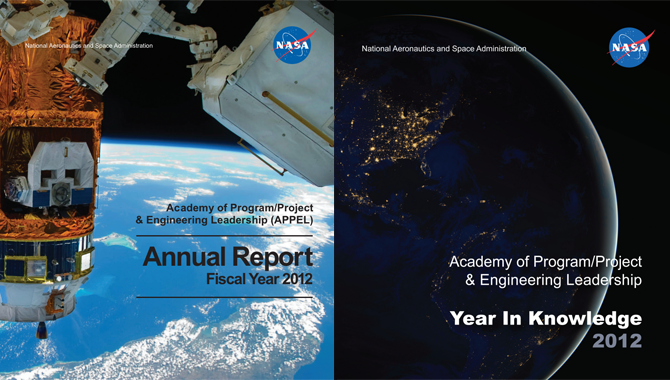
This is an artist's concept of a blended wing body aircraft that could become a prototype by the year 2020. Photo Credit: Boeing
Vol. 6, Issue 1
Susan Minor shares her insights about knowledge management practices within the Aeronautics Research Mission Directorate.

This is an artist’s concept of a blended wing body aircraft that could become a prototype by the year 2020.
Photo Credit: Boeing
Susan Minor, Integration and Management Office Deputy Director for the Aeronautics Research Mission Directorate (ARMD) at NASA Headquarters, serves as the organization’s chief knowledge officer.
ASK the Academy (ATA): What are some of the most prominent knowledge challenges in your organization?
Susan Minor: I think we could do a better job of sharing lessons learned than we do presently. I don’t know if we’re capturing all the lessons learned from the projects of the different centers in a simple place. The monthly meetings with everyone certainly have helped in that regard, but I think we still have some work to do.
ATA: Are there any successful knowledge efforts in your organization that you’d like to highlight?
Minor: Well, the research transition teams, the teams that we have between FAA and NASA, are held up as a model for how we do agency collaborations and share knowledge. It is generally considered a best practice in the federal government.
ATA: Are there knowledge management efforts—either within NASA or other organizations—that you find particularly remarkable or innovative?
Minor: The present Administration’s efforts to promote transparency through “open government” have fostered a lot of new avenues to promote knowledge sharing both internal and external to the federal government. One tool that ARMD has found particularly useful is the Open Source Software project being led at Ames Research Center. Through this initiative NASA is able to not only share our software tools, but also garner feedback on how to improve those tools. For example, ARMD recently released a parametric aircraft geometry tool (OpenVSP) via open source software for use by universities, other federal agencies, the public, etc.
ATA: What’s the biggest misunderstanding that people have about knowledge?
Minor: So, to a great extent I don’t think people have a working definition of what constitutes knowledge. I mean it can either be very broad or very narrow depending on how you define it, right? In fact, interpretation is what leads to differences on how you capture things. I can say for all practical purposes that everything we do here at ARMD is knowledge.









